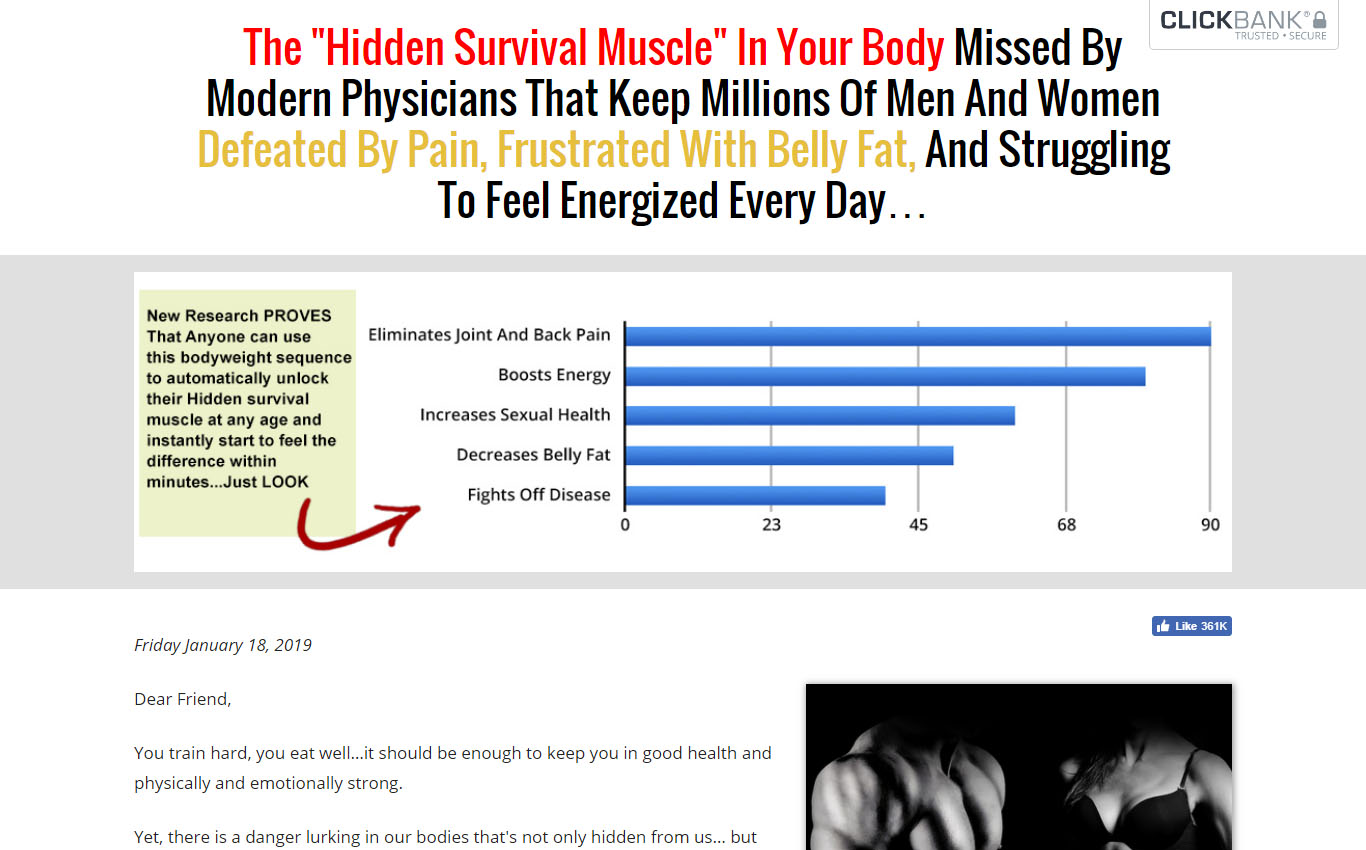Even though low back pain can sometimes be treated without major disruption to a person's life, athletes are often reluctant to seek medical help. Many of them deny or minimize complaints in order to avoid consequences, such as: having to decrease activity in order to recover, losing a position or being removed from a team, missing a competition, or letting the team down. Some athletes simply do not want to bother seeing a doctor for pain; they hope it will recover on its own.
To avoid hip flexor pain, you should pay more attention to these muscles, Dr. Siegrist explains. When you are seated, your knees are bent and your hip muscles are flexed and often tighten up or become shortened. “Because we spend so much of our time in a seated position with the hip flexed, the hip flexor has the potential to shorten up. Then, when you are in a hurry because you are running to catch a bus or a plane, or you trip and fall, the muscle could become stretched. Here’s this stiff, brittle muscle that all of a sudden gets extended, and you could set yourself up for strain or some hip flexor pain.” Click Here to Learn Unlock Hip Flexors

